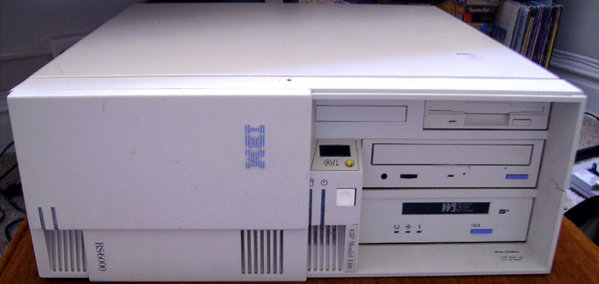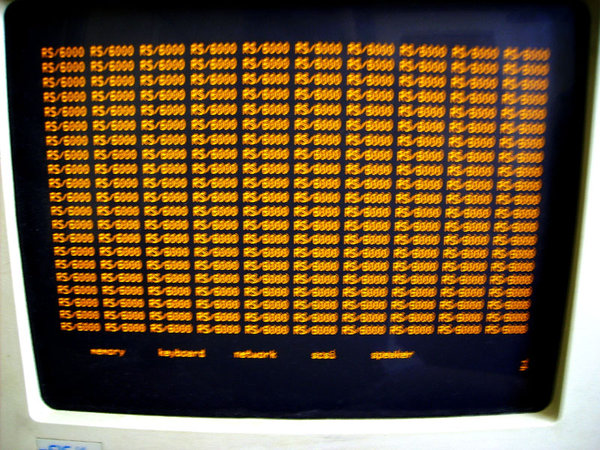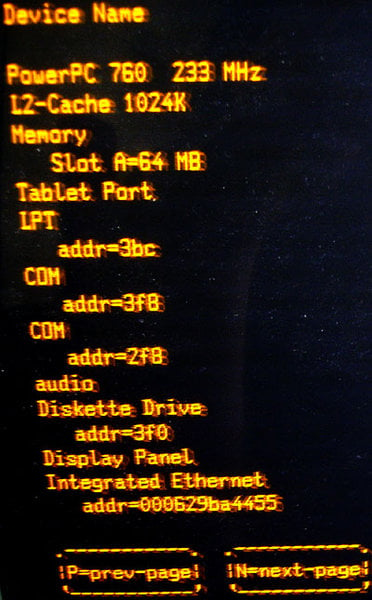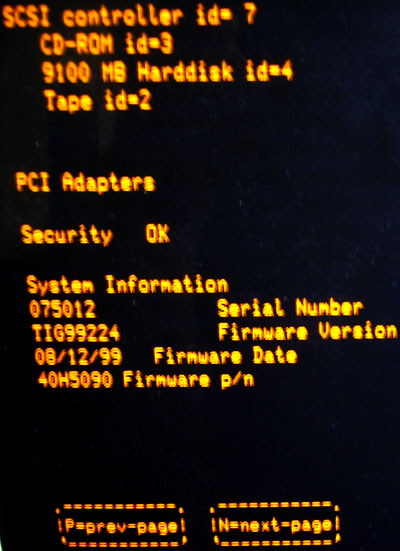Cory5412 wrote:
In terms of commiseration on the Internet -- it's not productive because what often happens is somebody (for example, commodorejohn) will express a sentiment, such as "Windows XP is the absolute pinnacle of all computing and there will never be anything better" and co-incidentally, demand that Microsoft re-add old functionality and in essence, make the current version of Windows look and work as closely to Windows 95 as possible. (Incidentally, people who grew up with Windows 3.1 seem to be quiet on the Windows 8 front, so maybe there's a really thin band of "young fogeys" that are moderately technical but feel an entitlement to their particular era of computing, and are therefore reasonably capable of being loud about it on the Internet.)
Man, I never said XP was the pinnacle of anything. XP was good in its day, but it still had its share of issues and with the massive numbers of patches that have had to be made to it over the years it's more than a little balky lately. What it
is
is a usably modern version of Windows that still has the sensible UI of the 95 series - yes, it does its own stupid things, but
it lets you turn them off
. If Microsoft were to bring that most basic, reasonable compromise to their technically-superior newer OSes, I'd switch over in a heartbeat. (Or, at the very least, when I got around to buying a new laptop.)
ianj wrote:
If you have conservative tastes in computing environments and want to be able to use a given UI with a reasonable expectation that it won't change with version bumps, proprietary Unix and BSD are waiting with open arms.
Yeah, and that's great,
if you like Unix
. Honestly, I've investigated and continue to periodically investigate alternatives - I just had a play around with BSD a couple weeks back, I'm messing around with Solaris this very afternoon, and I've been keeping a close eye on Haiku for years. It's just that none of these seem to be "there" yet - I admire BSD for being a saner, less schizophrenic, and less political cousin to Linux, but unfortunately it still relies on OSS-community software for most of its library, and so it still suffers a lot of the same issues with inconsistent or just outright bad UI, commercial Unix also suffers from this to a lesser extent and it seems like half of the commercial Unices have been converted into Linux distros anyway, and Haiku is beautiful but still missing some important stuff and has very little software. I'd love to be able to move to something less dependent on the whims of one company with departments who need to look busy to justify their budget, but I just don't see a good alternative yet.








 It recognized most everything off the bat, but still no luck with the video card, even though it's in the HCL on the CD...guess I'll have to dig up a replacement if I want more than 800x600x16...
It recognized most everything off the bat, but still no luck with the video card, even though it's in the HCL on the CD...guess I'll have to dig up a replacement if I want more than 800x600x16...

